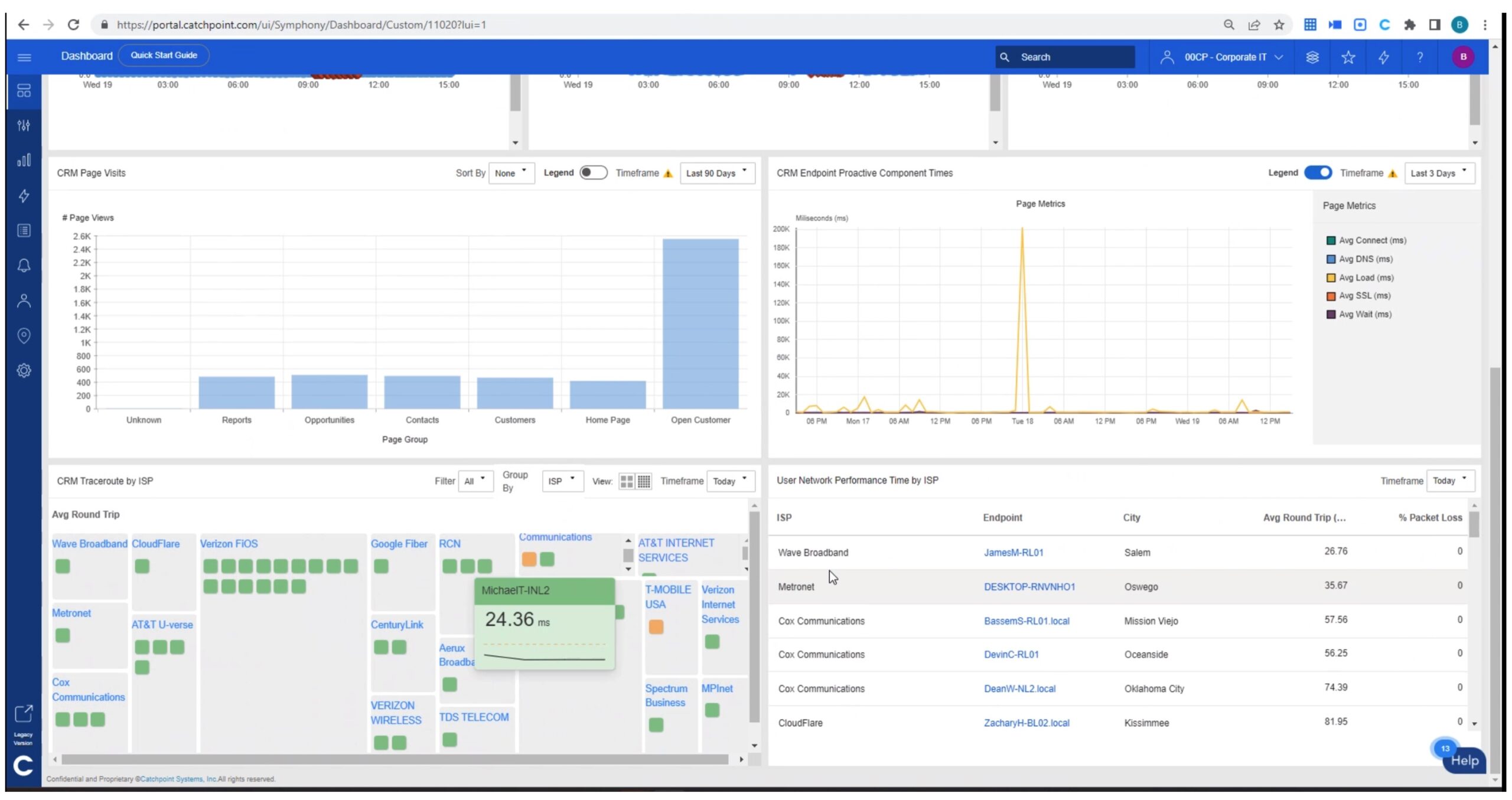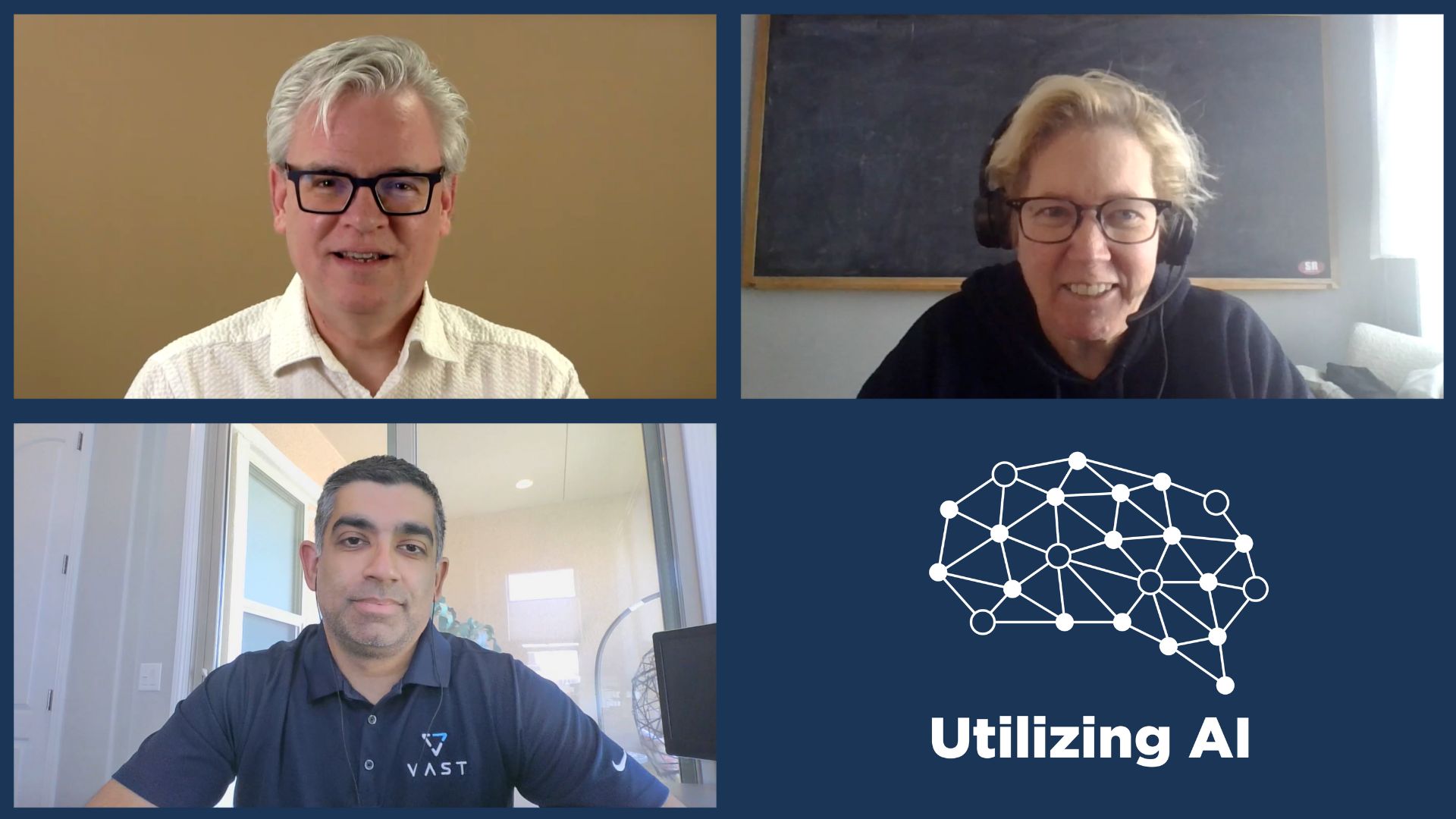One could argue that GDPR and “The Right to be Forgotten” are legislative response to an overreach on the part of companies toward personal data. Data is the new oil (drink), and these regulations are an attempt let people have companies stop drilling on their land.
Legislative responses are often a last resort (or for depending on your ideological bent an unneeded one). Some would prefer a solution based on market incentives, others a technological solution. Sir Tim Berners-Lee, inventor of the World Wide Web, recently published his work on an open-source project to give people both ownership of their data, and return the web to its read/write roots.
Solid Form
The Solid project is the fruit of his labor. This projects is completely compliant with existing web standards, but provides a framework to give individuals ownership and agency over their data. It does this by creating a Solid POD, essentially a repository of all your data. Online apps would have to ask for specific permission to access parts of the POD, with users able to cut this off at any time.
The devil is in the details. Solid’s initial documentation says that a Solid POD can live on a users personal computer, or come from a provider. While I think it’s feasible there will be a dedicated community of people using their fully owned Solid POD, I’m skeptical this will see any mass adoption. I think it’ll end up like email, where the technical hassle of maintaining something like that will only be enjoyed by a select technically inclined folks.
History Repeats
The question then becomes, will provider Solid PODs just replicate the problems we already have with data ownership on the internet? Image if this became popular. Service providers could offer paid Solid PODs, but image in Google or Facebook offered free ones. These free ones would surely have a very convenient term of service that gives the provider a certain amount of data access. We’ve already seen people are willing to sacrifice privacy for convenience most of the time. It will be a challenge for Solid to balance a perceived desire for data control without making it a hassle to manage.
This isn’t to say I don’t think this is a worthwhile effort. I really enjoy that this brings data ownership considerations into the conversation on an architectural and design level. I’m just not optimistic is will ultimately be successful.




